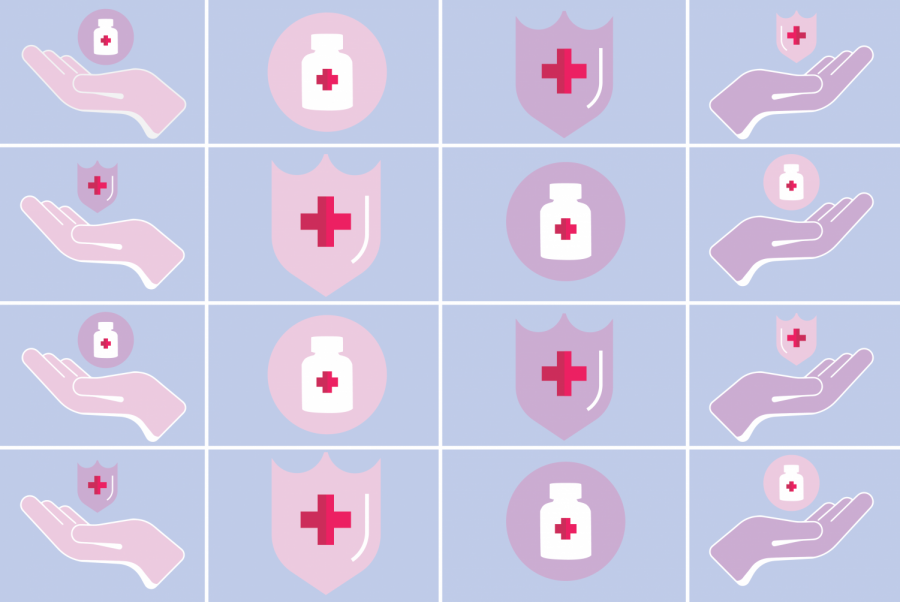The University of Minnesota Red Cross Club (RCC) held a blood drive on Feb. 16 at Grace Lutheran Church in effort to help combat the national blood shortage.
The American Red Cross is undergoing the worst blood shortage in over a decade, forcing hospitals to postpone major surgeries and critical transplants. According to the American Red Cross website, there has been a 62% decrease in college and high school blood donation drives since 2019. Donors are especially needed now as surgical procedures and patient treatments resume after being paused due to the COVID-19 pandemic, the website said.
The American Red Cross is a non-profit organization that supplies 40% of the nation’s blood products by facilitating blood drives across the nation, according to their website.
The University’s RCC coordinates with the Red Cross to hold monthly blood drives on campus. The RCC helps check donors into the drive, while members of the American Red Cross draw and collect blood from donors.
“It’s crazy how important [donating blood] is and obviously with COVID there’s a lot of shortages,” RCC President Sarah Hoff said. “It’s really important, because you really do save lives and I don’t think people really realize that.”
The group’s main goal is to raise awareness about the importance of donating blood amid the national shortage and to encourage people to donate at a location close to them, Hoff said.
“All of our drives have been completely full, which is really good, because even last year that didn’t always happen,” Hoff said. “But this year it’s been consistently full and then we also have walk-ins the day of, so I think people are more aware of it too which is good.”
Amy Riha, RCC communications secretary, said the club is helping to combat the shortage by recruiting new members. With more members and donors, the group may be able to hold more than one blood drive each month.
“We’re just really trying to get the word out so that people know about our drives since they’re convenient for all students, we don’t get very many students so we’re trying to push it towards students,” Riha said.
The group has canceled drives in recent months, either because of cold weather conditions or because of insufficient numbers of donors. It was especially important for the most recent drive to fill up, Hoff said.
Fourth-year student Ian Franczek, who gave blood at the drive Wednesday, said he donated because his mother works in the medical field and is aware of the need for donors.
“I know that blood is in pretty short supply, especially because of its short shelf life, and so willing and able to donate … I tried to do it as much as I can,” Franczek said.
Jaryd Ross, a lab manager at the University who gave blood on Wednesday, said he tries to donate regularly.
“I’m not really volunteering for other health initiatives, so this feels like the easiest thing I can do,” Ross said. “This kind of makes me feel like I’m getting to be a part of that cardiovascular aid for people.”
The location of blood drives close to campus makes it easy to donate, Ross said.
“I wanted to find something that was close to [the] University because it’s more convenient when I’m here pretty much every day of the week,” Ross said.
While donors can schedule appointments ahead of time, walk-in appointments are also available. The next RCC drive is scheduled for March 22 in front of the Graduate Hotel, Hoff said.
“You’re volunteering to give your blood for no money which I think speaks very greatly to the people that do donate their blood,” Hoff said.


















